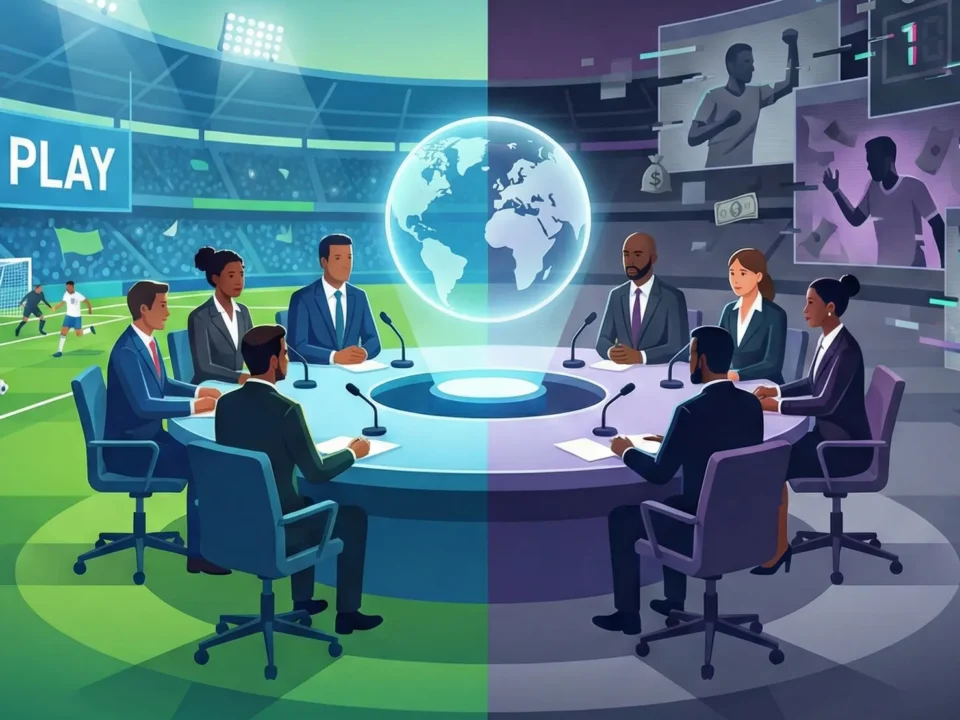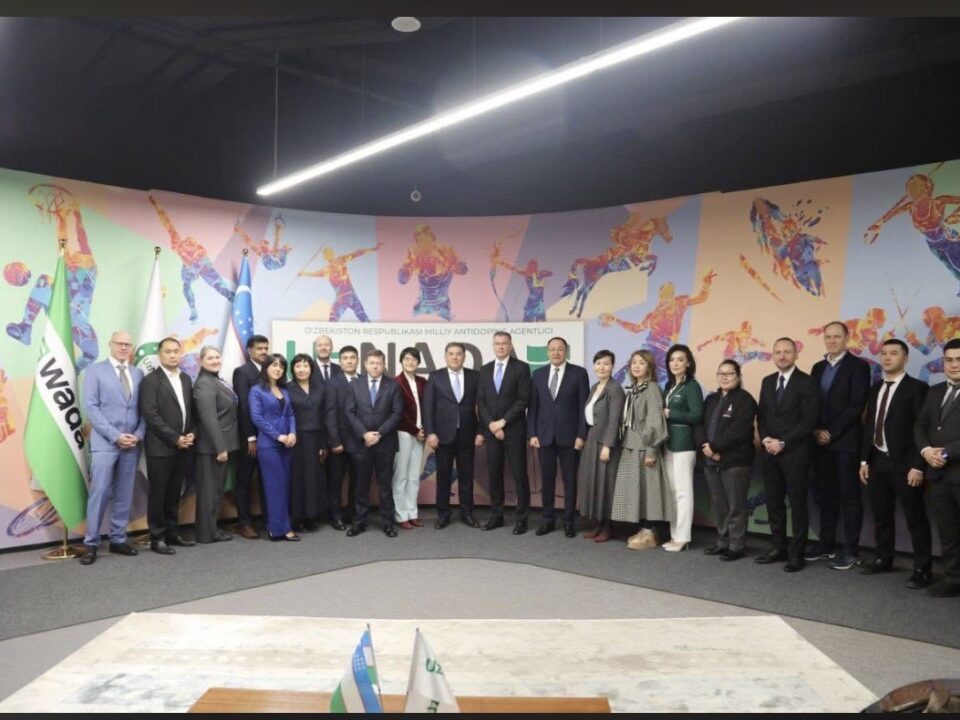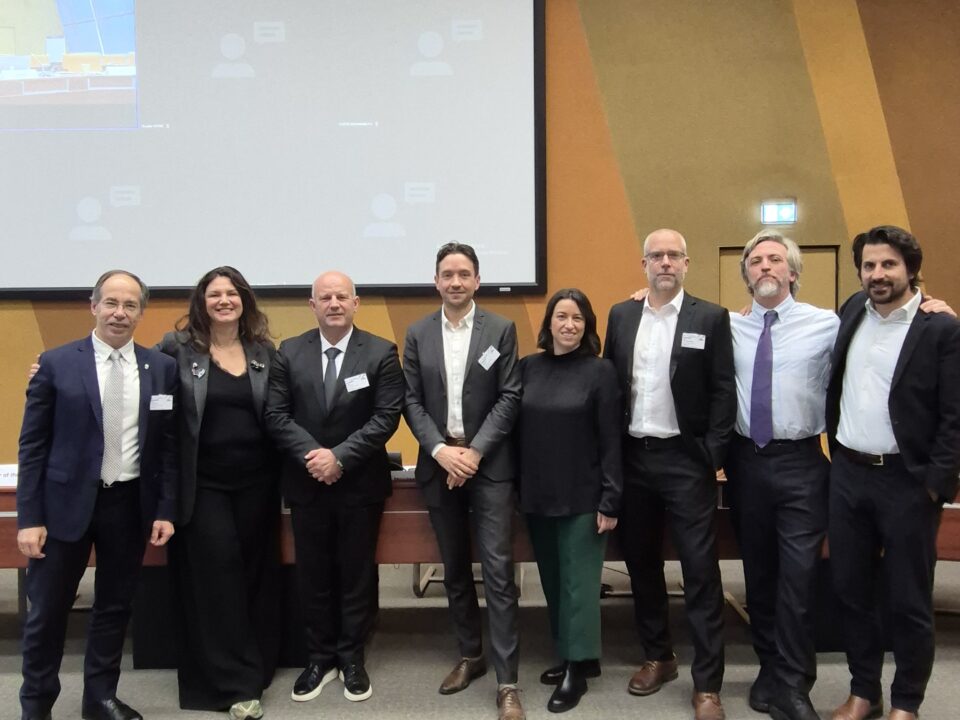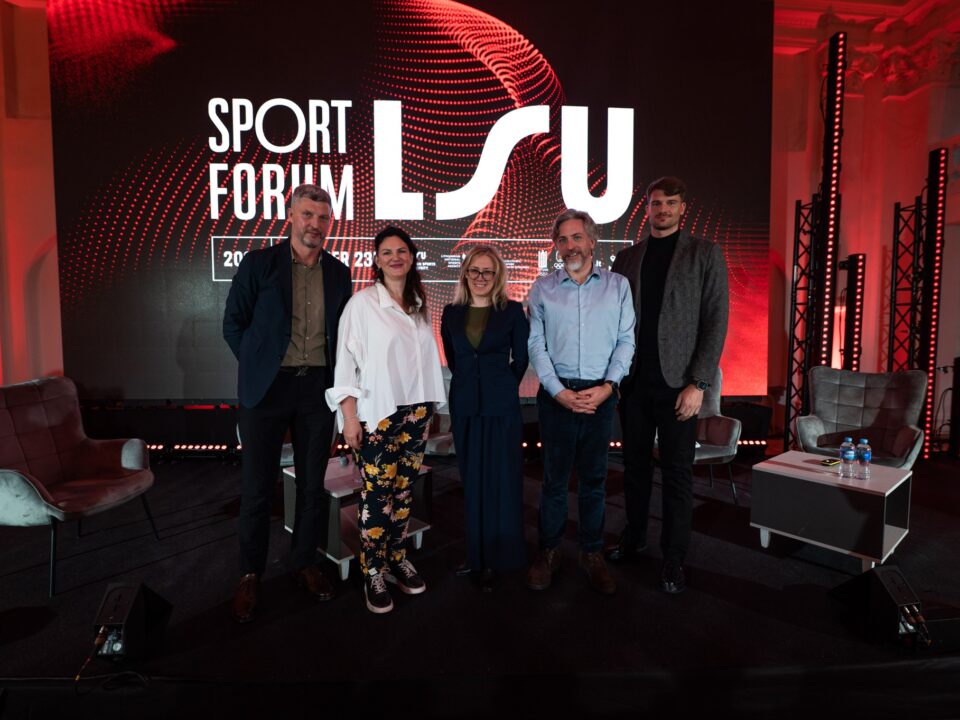
Head of the Lithuanian Anti-Doping Agency shared her expertise in Central Asia
2025-06-05
Meeting of the countries of the platform against match-fixing in Vilnius
2025-06-21The Bureau of the Conference of Member States of the UNESCO Convention against Doping in Sport adopts a strong joint statement on the Enhanced Games project. The statement points out that this initiative poses a serious threat to the health of athletes, fair competition, the education of young people and the reputation of sport worldwide. The international community must unite to protect sport from interventions that change human nature and are motivated by profit, in defence of ethics and future generations.
The "Enhanced Games" are the Games from 21-24 May 2026. The Enhanced Games, planned for Las Vegas on 24 May 2020, are a sporting competition that fundamentally changes the concept of traditional sport by allowing participants to use performance-enhancing substances (doping) in order to be free to experiment with human potential.
The "Enhanced Games" are billed as "the world's first doping test-free sporting event". The event was initiated by Australian businessman Aron D'Souza, who argues that traditional sporting models are outdated and limit progress, and that athletes should be free to use scientific and medical tools to improve their performance. The competition includes classic events such as swimming and athletics, with huge prize money on offer for new records. The "Improved Games" have been widely criticised by the sporting community, scientists and the media. The main concerns relate to athletes' health, ethics and the possible normalisation of doping.
The Lithuanian Anti-Doping Agency, the national coordinator of the UNESCO Convention against Doping in Sport, also strongly opposes the Enhanced Games and stresses that this initiative poses a serious threat to the integrity of sport, the health of athletes and public confidence in clean sport.
The Director of the Lithuanian Anti-Doping Agency, R. Banytė, reminded about the new regulation recently adopted by World Aquatics, which prohibits anyone directly or indirectly associated with the "Advanced Games" from participating in competitions organised by World Aquatics. "This is a clear commitment to fair competition and doping prevention, and we strongly encourage Lithuanian athletes not to be swayed by promotions or compromise their values." - says Banyte.
Similarly, World Athletics President Lord Coe has condemned the project and warned that any athlete who chooses to take part in it could face severe sanctions. The International Weightlifting Federation (IWF) also opposes the event, stressing that it goes against the ethics of the sport and endangers the health of the athletes.
"International bodies such as the European Commission and UNESCO have raised concerns about the 'Enhanced Games' and their potential impact on sport and public health. The European Commission strongly supports anti-doping policy and is working with the World Anti-Doping Agency (WADA) to ensure fair and substance-free sport. UNESCO, which oversees the International Anti-Doping Convention, stresses that initiatives allowing doping are contrary to the fundamental principles of sport and health," said R. Banytė, Director of the Lithuanian Anti-Doping Agency
The "Improved Games" provokes a debate: whether sport in the future will be dominated by science and technology, or whether it will remain an arena for honest, natural effort. This is a debate that goes beyond the sporting community and requires principled decisions," says Liliana Bugailiškytė-Lideikienė, Head of Science Programmes at the Secretariat of the Lithuanian National Commission for UNESCO.






